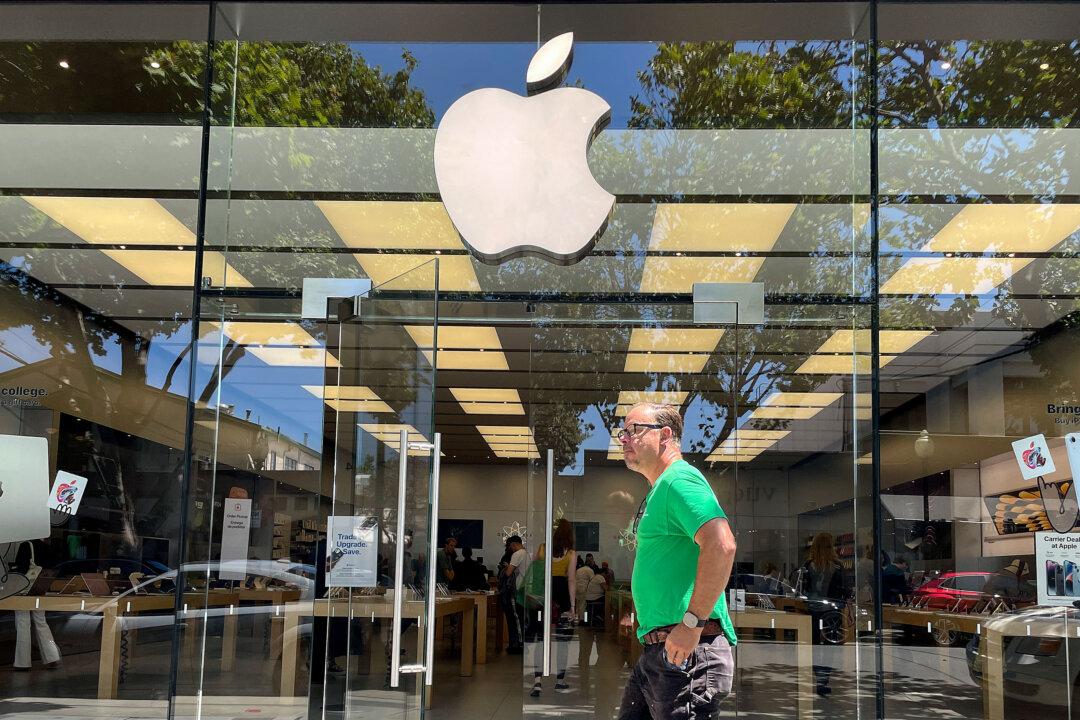Tech giant Apple is asking a federal judge to let it intervene as a defendant in Google’s antitrust case as the court crafts remedies for what the judge said was anticompetitive conduct in the search engine market.
In a Dec. 23 filing, Apple said the Department of Justice’s (DOJ) proposed final judgment, where it laid out potential remedies, threatened a “sea change in Apple’s relationships with Google and threaten[ed] to undermine Apple’s ability to serve its users.”





